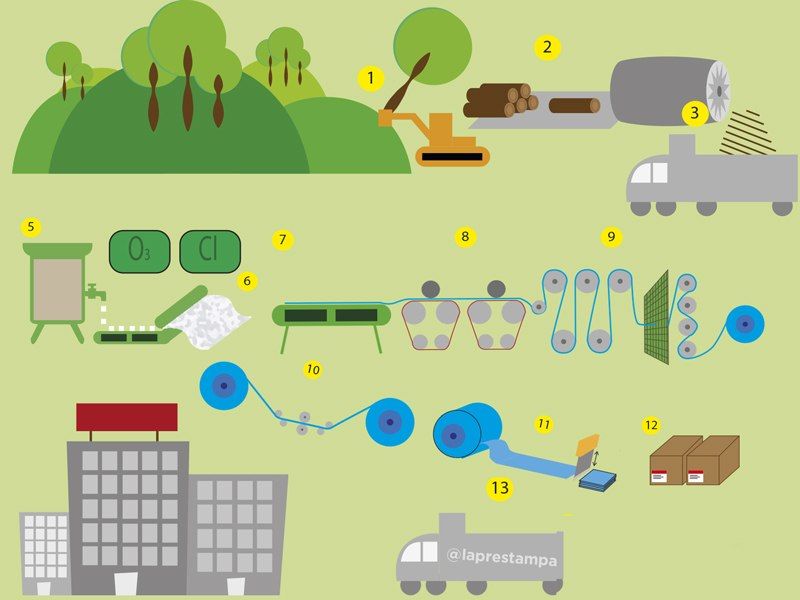
Sabés como se fabrica el #Papel a partir de la caña de azúcar? ¿Increíble no? Te compartimos este #Video de #Ledesma que además de explicar el proceso... | By Castinver | Facebook

VIDEO | Hombre provoca terrible incendio en fabrica de papel; jugaba con un encendedor | El Heraldo de México

Como se HACE el PAPEL HIGIÉNICO🧻(MILLONES de ROLLOS de PAPEL HIGIÉNICO) | Fabricando Papel higiénico - YouTube


















